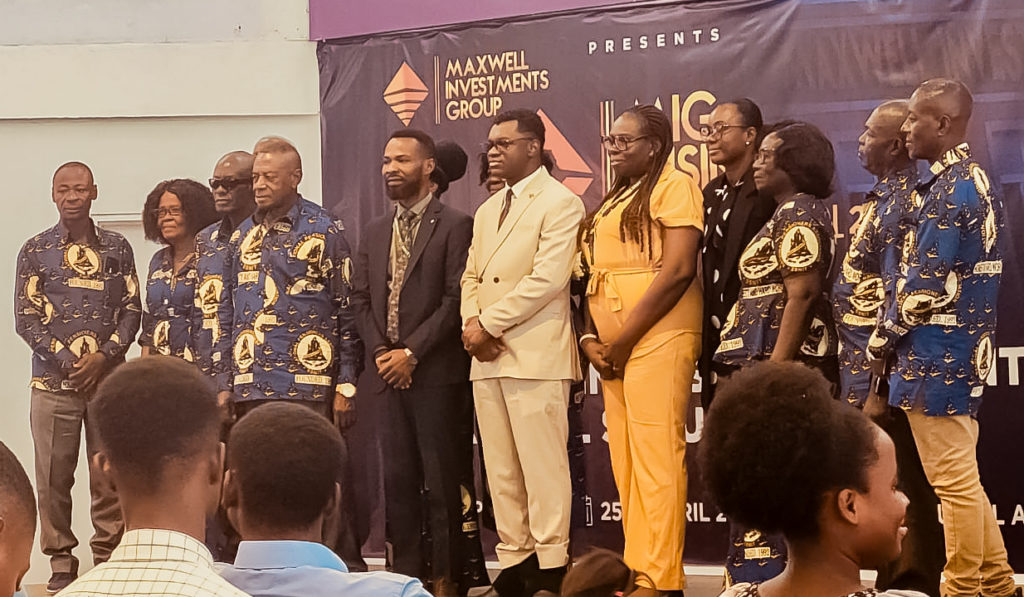Financial Literacy Among Retirees
Financial literacy is a critical life skill that empowers individuals to make informed decisions about managing their money, planning for the future, and achieving financial goals. It encompasses a range of knowledge and skills, including budgeting, saving, investing, debt management, retirement planning, and understanding financial products and services. Financially literate individuals are better equipped to navigate the complexities of the modern financial landscape, make prudent financial decisions, and build a secure financial future for themselves and their families. Research has shown that financial literacy is associated with numerous positive outcomes, including higher levels of savings, increased wealth accumulation, reduced debt levels, improved financial well-being, and greater resilience to financial shocks. Financially literate individuals are more likely to plan for retirement, invest in diversified portfolios, and take advantage of tax-advantaged savings vehicles such as retirement accounts and college savings plans. Moreover, financial literacy positively correlates with a higher overall well-being, including better physical health, lower stress levels, and greater life satisfaction. Despite its importance, studies have highlighted widespread gaps in financial literacy across various demographic groups, including women, minorities, young adults, and individuals with lower education and income levels. Addressing these gaps requires a multi-faceted approach that includes educational initiatives, policy interventions, employer-sponsored programs, and community-based resources. Financial education programs to improve financial literacy should be tailored to different groups’ specific needs and preferences, incorporating practical, real-world examples and interactive learning methods to enhance engagement and retention. Financial literacy is essential for individual financial well-being and broader economic stability and growth. A financially literate population is better equipped to make sound financial decisions, allocate resources efficiently, and contribute to economic prosperity. Moreover, promoting financial literacy can help mitigate systemic risks, such as excessive debt, financial fraud, and economic inequality, by empowering individuals to make informed choices and advocate for their financial interests. Financial literacy is a fundamental skill that has far-reaching implications for individuals, families, and societies as a whole. Investing in financial education and empowering individuals to become more financially literate can build a more resilient and prosperous future for everyone. FINANCIAL LITERACY AND OLD AGE / POST-RETIREMENT Financial literacy is not just about numbers and investments; it is about building a foundation for a long, healthy life, especially during retirement, often called the golden age. There are many ways that financial literacy empowers you to create that fulfilling later chapter. FINANCIAL SECURITY AND RETIREMENT Financial literacy provides the tools to save effectively throughout your working life. This ensures a comfortable retirement lifestyle without relying solely on Social Security. Without proper savings, retirement can be a time of financial hardship. Financial literacy empowers you to make informed investment decisions and grow your nest egg for a secure future. Financial security in retirement is a cornerstone of overall well-being, and financial literacy plays a crucial role in achieving this goal. Understanding concepts such as budgeting, saving, investing, and retirement income strategies empowers you to plan for your financial future effectively. With the knowledge gained through financial literacy education, you can make informed decisions about allocating your resources and building a solid financial foundation for retirement. Research supports the idea that financial security in retirement leads to better mental health and higher life satisfaction among retirees. Studies have found a strong correlation between feelings of financial security and overall well-being in retirement. For example, a study published in the ‘Journal of Gerontology: Social Sciences’ found that retirees who reported feeling financially secure had lower stress and anxiety levels than those who felt financially insecure (Li & Ferraro, 2005). Similarly, research published in the Journal of Happiness Studies found that retirees with adequate financial resources reported higher life satisfaction and overall happiness (Dushi & Webb, 2004). Financial literacy also plays a crucial role in reducing stress and anxiety related to retirement planning. By understanding how to budget effectively, save for retirement, and invest wisely, individuals can feel more confident about their financial future and reduce feelings of uncertainty and worry. This sense of control and security can positively impact mental health and overall well-being. ACCESS TO HEALTHCARE Access to healthcare is fundamental to well-being, particularly during retirement when individuals may have increased healthcare needs. Financial literacy is crucial in enabling retirees to effectively navigate the complex landscape of healthcare costs and insurance options. Understanding healthcare options, coverage limitations, and out-of-pocket expenses empowers retirees to make informed decisions about their health and budget accordingly. Moreover, financial literacy enables retirees to anticipate and plan for out-of-pocket healthcare expenses not covered by insurance plans. This includes deductibles, co-payments, coinsurance, prescription drug costs, and dental, vision, and long-term care expenses. By budgeting for these costs and exploring options such as supplemental insurance policies and health savings accounts, retirees can mitigate the financial burden of healthcare and ensure access to necessary medical services. Long-term care expenses represent a significant financial risk for retirees, especially as they age and may require assistance with daily activities. Financially literate individuals understand the costs of long-term care services, such as nursing home care, assisted living facilities, and home health aides. They can explore options for financing long-term care, such as long-term care insurance and personal savings, and make informed decisions about their long-term care needs. LIFESTYLE CHOICES Financial literacy is pivotal in influencing lifestyle choices that ultimately impact long-term health and well-being, particularly during retirement. Retirees with financial literacy are better equipped to make informed decisions about their lifestyle, including housing, nutrition, fitness, and leisure activities. By understanding the financial implications of these choices, retirees can optimise their resources and allocate funds to support a healthy and fulfilling lifestyle. Housing choices, for example, can significantly impact retirees’ financial security and overall well-being. Financially literate retirees are more adept at evaluating housing options, considering affordability, maintenance costs, and proximity to amenities and healthcare facilities. Making informed decisions about housing can help retirees maintain their independence, reduce housing-related financial stress, and ensure access to suitable accommodations as they age. Moreover, financial literacy enables retirees to prioritise investments in health-promoting activities such as regular exercise, a nutritious diet,
Financial Literacy Among Retirees Read More »




